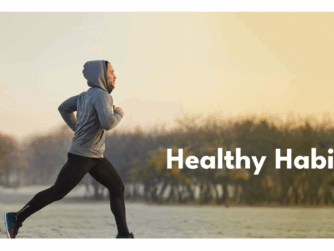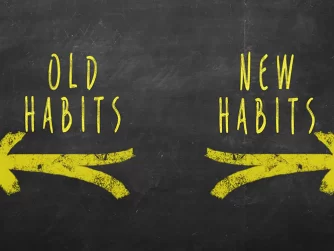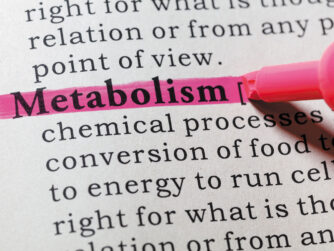Let’s cut through the noise about Vitamin B12. If you’re over 40 and focused on general fitness, you’ve probably heard the buzz: B12 injections for energy, B12 pills for focus, even B12 patches and sprays. But do you really need a supplement, or is this just another wellness trend?
In this post, we’ll break down what Vitamin B12 actually does, why it matters more as you age, and how to tell if you need to add it to your daily routine. Spoiler alert: B12 isn’t just hype—but it’s also not a one-size-fits-all solution.
What is Vitamin B12?
Vitamin B12, or cobalamin, is a water-soluble vitamin your body needs but can’t make on its own. It plays a crucial role in:
- Red blood cell production
- DNA synthesis
- Nervous system function
- Energy metabolism
Think of it as your body’s behind-the-scenes technician. Without enough B12, your energy systems start to misfire, your brain fogs up, and you may feel tired no matter how many cups of coffee you drink.
Natural Sources of B12
B12 is primarily found in animal-based foods, including:
- Beef, chicken, fish, and eggs
- Milk, yogurt, and cheese
- Fortified foods like cereals and plant-based milks
If you’re eating a balanced diet with a variety of these foods, you’re likely getting a decent baseline. But that doesn’t guarantee you’re absorbing it well—especially as you get older.
Why Adults Over 40 Should Pay Attention to B12
Once you hit your 40s, your body starts to change in subtle (and not-so-subtle) ways. One of those changes? Reduced stomach acid, which makes it harder to absorb B12 from food.
You’re also more likely to be on medications like proton pump inhibitors (for acid reflux) or metformin (for type 2 diabetes), both of which can interfere with B12 absorption.
Symptoms of B12 deficiency can include:
- Fatigue
- Tingling in the hands and feet
- Brain fog or memory problems
- Mood changes or depression
- Shortness of breath during exercise
If you’re over 40 and dealing with any of these, it’s worth getting your B12 levels tested.
Benefits of B12 Supplementation for Active Adults
Let’s say you are a bit low on B12—what can supplementing actually do for you?
1. More Sustainable Energy
B12 is key in the process of turning food into usable energy. When you’re deficient, even basic workouts can feel draining. Getting enough B12 supports your mitochondria (the powerhouses of your cells) to function optimally.
2. Improved Cognitive Function
B12 supports healthy brain function. Studies have linked low B12 levels with memory problems, especially in older adults. For those juggling work, family, and fitness, keeping your brain sharp is a huge win.
3. Mood Support
Low B12 can contribute to irritability and depressive symptoms. Supplementing can support neurotransmitters like serotonin and dopamine, which regulate mood.
4. Better Recovery
B12 supports red blood cell formation, which helps deliver oxygen to your muscles. This can mean improved endurance and better recovery after workouts.
Are There Downsides to Taking B12?
Generally, B12 is safe. It’s water-soluble, meaning your body flushes out what it doesn’t use. But that doesn’t mean more is always better.
Possible Cons:
- Over-supplementation: Mega-doses aren’t necessary for most people and won’t give you superpowers.
- False expectations: B12 won’t replace a healthy diet or fix chronic fatigue unrelated to deficiency.
- Unneeded injections: B12 shots are trendy but often unnecessary if you can absorb it orally.
How to Know If You Need B12
If you’re over 40 and feeling low on energy or mentally sluggish, get a simple blood test. Ask your doctor to check:
- Serum B12
- Homocysteine
- Methylmalonic acid (MMA)
If you’re borderline or deficient, your doctor may recommend a B12 supplement, typically 250–500 mcg/day, or a weekly higher dose.
Best B12 Supplements
Look for:
- Methylcobalamin: A more bioavailable form
- Sublingual tablets: Absorbed under the tongue
- Sprays or lozenges: Good for those with absorption issues
Always check with a healthcare provider before starting new supplements, especially if you’re on medication.
Final Word: Is B12 Worth It?
If you’re over 40, into fitness, and feeling a little off your game, B12 could be part of the puzzle. It’s not a cure-all, but it’s one of those nutrients that can quietly make a big difference.
Remember, your body changes as you age. Optimizing how you absorb and utilize nutrients is just as important as eating right and exercising.
So if you’re tired of feeling tired, it might be time to give B12 a second look.







